Spooky Sydney: A guide to Sydney's ghosts, urban legends and more

Are you ready to see the dark side of Sydney?
This is your guide to a different side of Sydney. Each of these destinations is not only free to visit (with a few exceptions which are noted), they have a rich and interesting past.
You should know that it would be almost impossible to visit all of these places in a single day - pick a few that take your fancy. They are all accessible day or night - however daytime is recommended for the faint of heart.
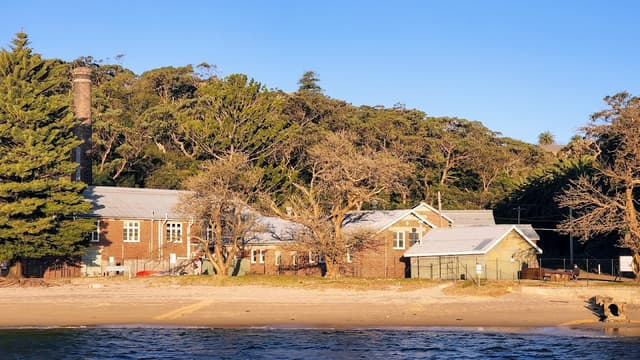
North Head Quarantine Station, or Q Station as it is now known, was established in August 1832 to Quarantine the European Settlers arriving in Sydney. It operated for over 150 years as an active Quarantine station, being Australia's best line of defence against disease and pandemic.
Throughout its time as a Quarantine station, the occupants created rock carvings and engravings along the jetty. These are amazing and interesting and can be seen as you disembark by ferry if that's how you chose to travel here. Other engravings can be seen on the rock formation known as Old Man's Hat (search on Google Maps for walking directions).
It's said that the ghosts of many who died during their time Quarantining the station still haunt it to this day. Check out the free museum and café here for their stories.
Braver travellers might even be up for an overnight stay - thankfully, no need for a tent. Q Station has a hotel for brave travellers, but of course, that bit isn't free.
Getting there
Drive: Q Station is a short drive from Manly. There is a free shuttle from the carpark to the visitor centre and hotel which runs 24/7.
Public Transport: The Manly Ferry departs from Circular Quay (located in Sydney City) every 20-30 minutes from 6am until around 10pm. From Manly wharf, a free shuttle runs every couple of hours between 9am to 9pm daily, but you might find it easier to just catch an Uber.
Find out more on the Q Station Website linked below.
Gladesville Hospital
If you're not quite spooked enough by Q Station and are looking for something that little bit more interesting, Gladesville Hospital might have what it takes to give you goosebumps.
Gladesville Mental Hospital, formerly known as the Tarban Creek Lunatic Asylum, stopped taking patients in 1993.
Located in the suburb of Gladesville, this is just a 20 minute bus ride from the centre of Sydney. It is also still an active health facility - though these days it mainly houses offices and Ambulance dispatch facilities.

Gladesville Hospital is the site of one of Australia's largest mass graves. These contain the bodies of hundreds of unidentified patients. It is a solemn and shameful place to those who were a part of the former "institution", and the signage placed around the facility indicates this.
You can also gain a very interesting insight into how surgeries were completed on the site, thanks to the creatively named SPASM museum (The Society for Preservation of Artefacts of Surgery & Medicine). Located on site, this museum has 9 rooms illustrating the history of surgery in all its bloody glory.
SPASM opens its doors on the 2nd Saturday and 4th Monday of every month, or by appointment. It is run by volunteers - entry charges a nominal fee (usually a few dollars, cash only), and donations are accepted, appreciated and encouraged.
Getting there
Drive: Parking is plentiful and entry is in several places. Best to enter via Punt Road for access to parking.
Public Transport: The 500X bus runs every 10 minutes from Hyde Park in central Sydney. It is a beautiful 20 minute trip and highly recommended - you'll get an amazing view of the Sydney Harbour Bridge as you traverse the Gladesville Bridge.
Callan Park and the Hospital for the Insane
You're probably wondering - why are all of these former mental hospitals so close to the water? An urban legend states that this is because the mentally ill, as it were, weren't allowed to be transported by road. This made for some picturesque spots to house patients. Another one of these spots is Callan Park, which is part of the Bay Run.
The Bay Run is a destination in and of itself. The dual walking/cycling track is a 7km circuit involving 2 bridges, 3 different council areas and a small island. Along the way, you'll come across what was once known as Callan Park Hospital for the Insane, then Rozelle Hospital.
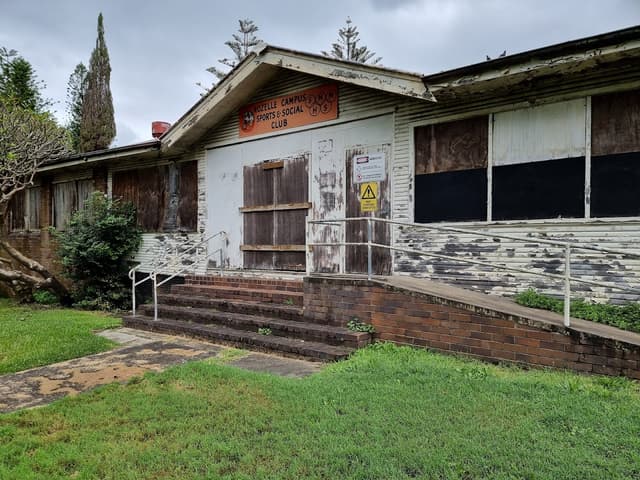
In this guide, we've explored Gladesville Hospital which took patients until 1994. Rozelle took patients all the way until 2008 - that's right, as recently as we had iPhones, this was a hospital.
Also on the site is a series of indigenous rock carvings which are both beautifully preserved and also fully accessible to the public. You're able to explore the grounds in their entirety, but you can't enter any buildings.
Getting there
Drive: There is parking available close by, near the sporting fields. Some of it is paid-for parking but at quieter times (outside of weekends and evenings), you should be able to find free parking.
Public Transport: There are many options for this, but the best might be to travel from the city on the 500X bus and walk from Drummoyne Swim Centre. There is a wonderful view from the Iron Cove Bridge which you will walk over to reach Callan Park.
Other Haunts
I've covered 3 main spooky spots for your trip to Sydney. But there's a number of other things that you can do during your time in Sydney that are interesting, and a little out there. You probably won't find these things in the average Lonely Planet book.
I'll give short descriptions of each of these, but they won't be extensive guides - if you need help getting there, Google Maps is your friend.
Kincoppal Rose Bay
The closest you'll ever get to visiting Hogwarts in Real Life, this high school sits atop a hill known as Heartbreak Hill, for the annual City2Surf run.
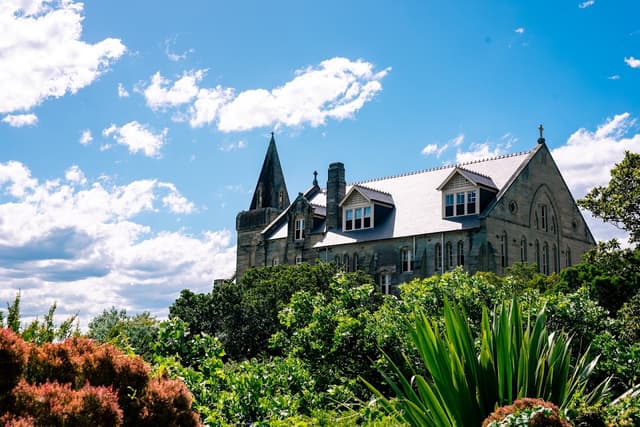
St James Tunnels
Legend has it, workers died in the tunnels while construction was happening and they flooded them so nobody would find the bodies. This one's a little far-fetched - but if you're travelling through St James, keep your eyes peeled. It's also the filming location for the 2nd Matrix movie.
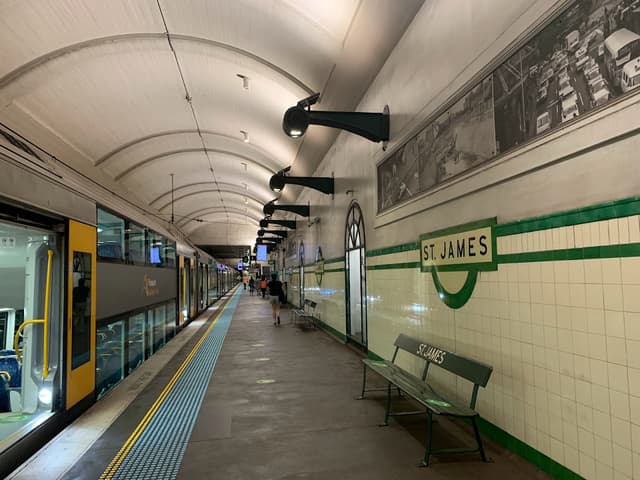
Museum Station
Taking its name from the nearby actual museum, this station has preserved its look since it opened, billboards and all. It's frozen in time - hopefully your train isn't.
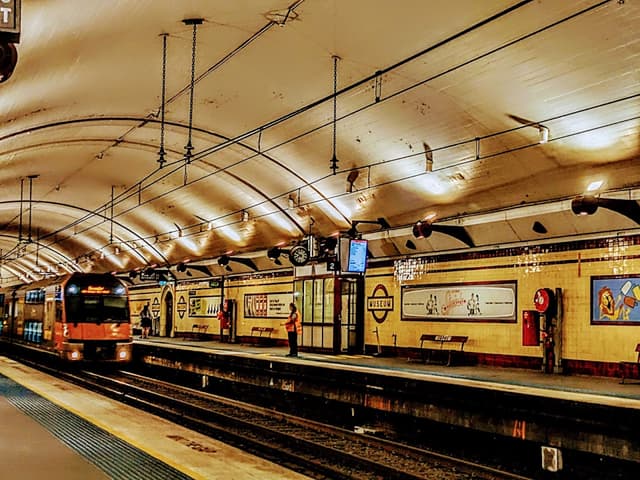
The home for unique & authentic travel
